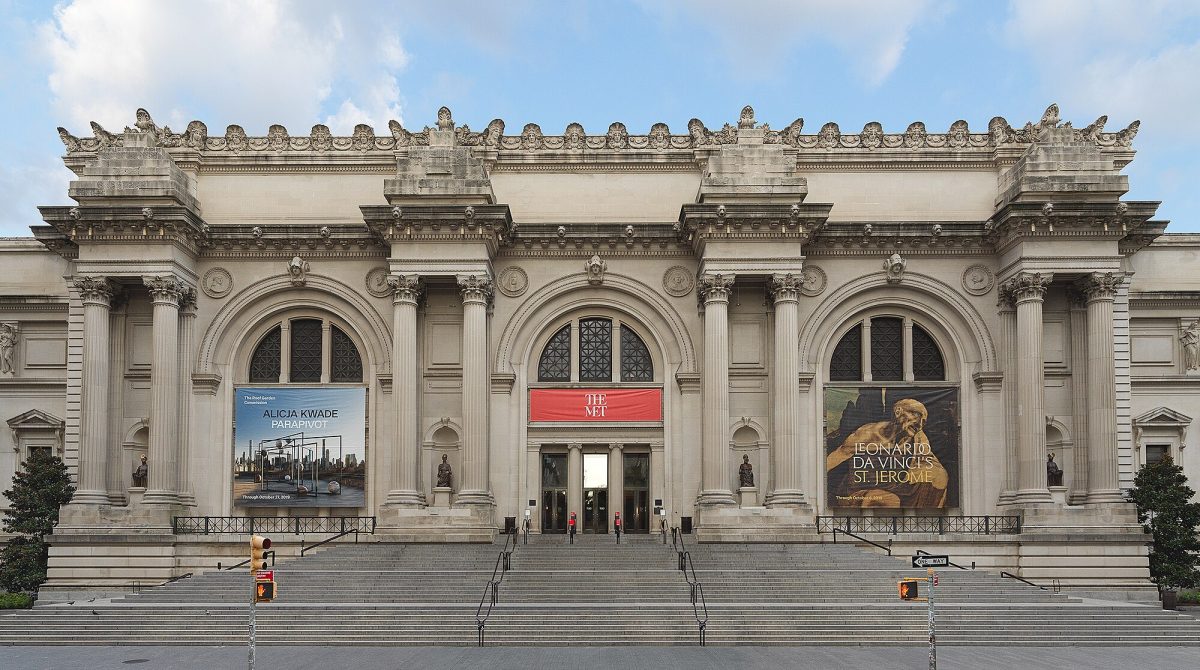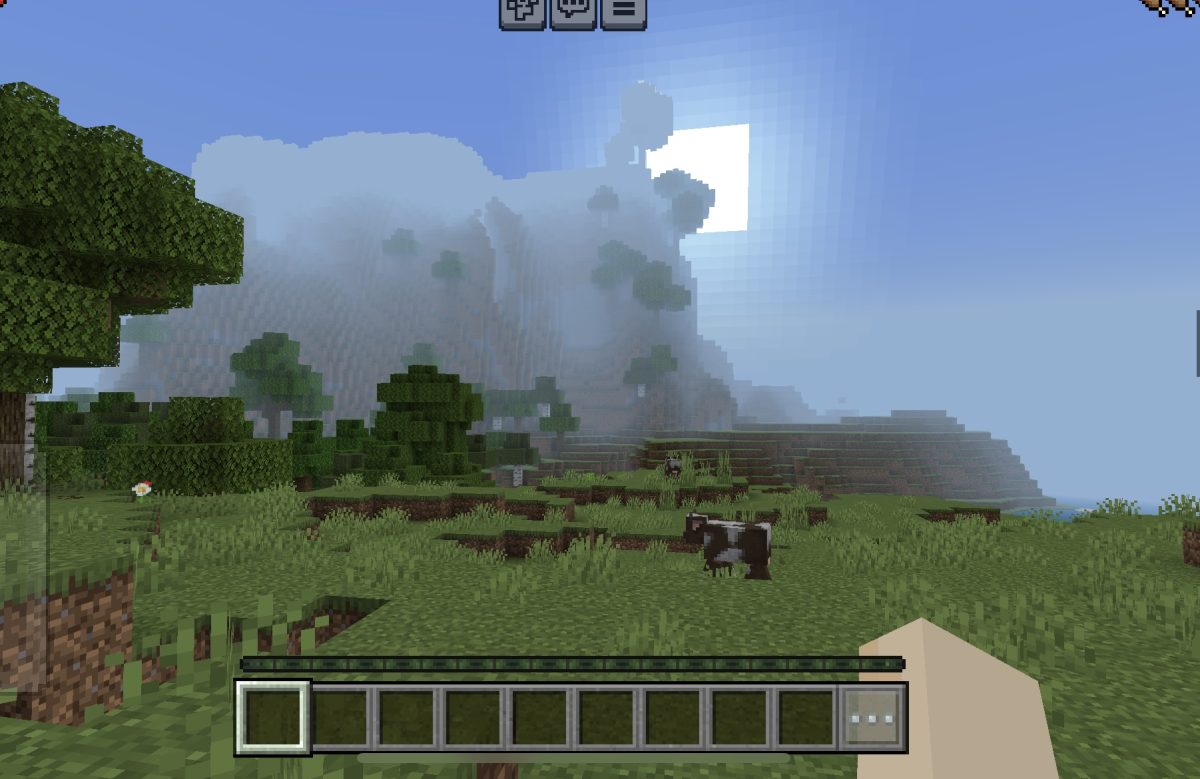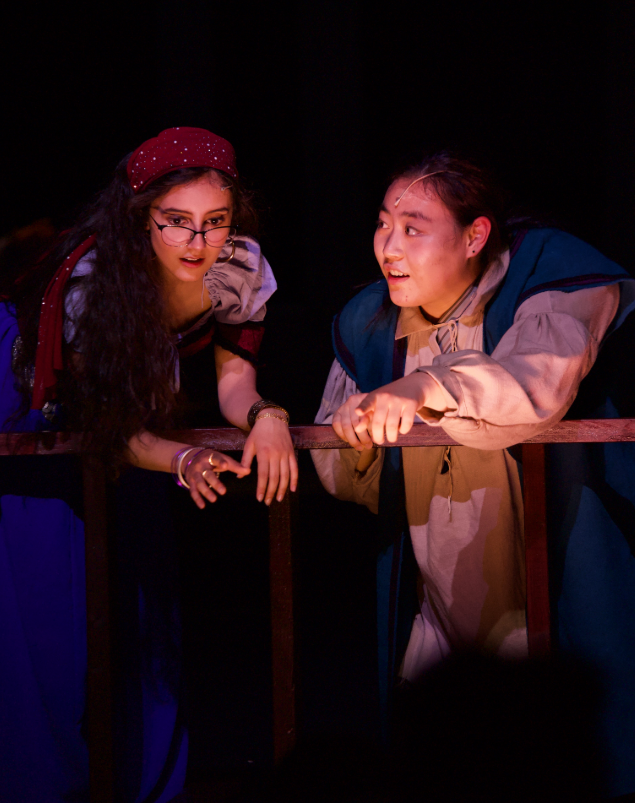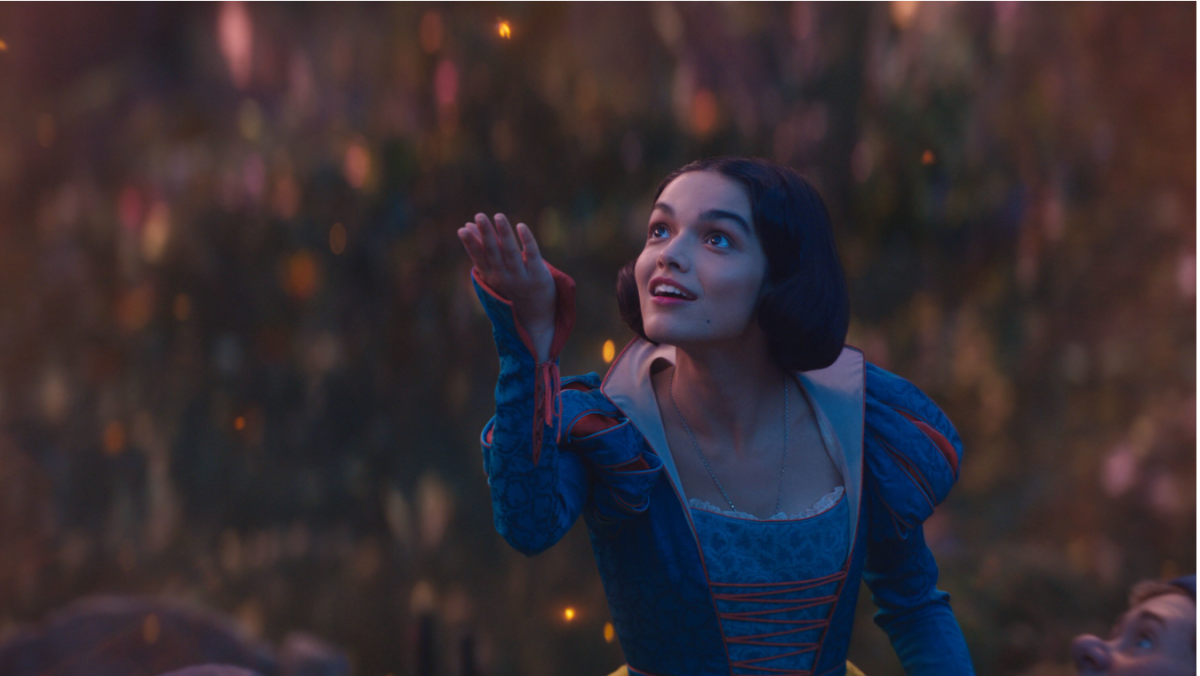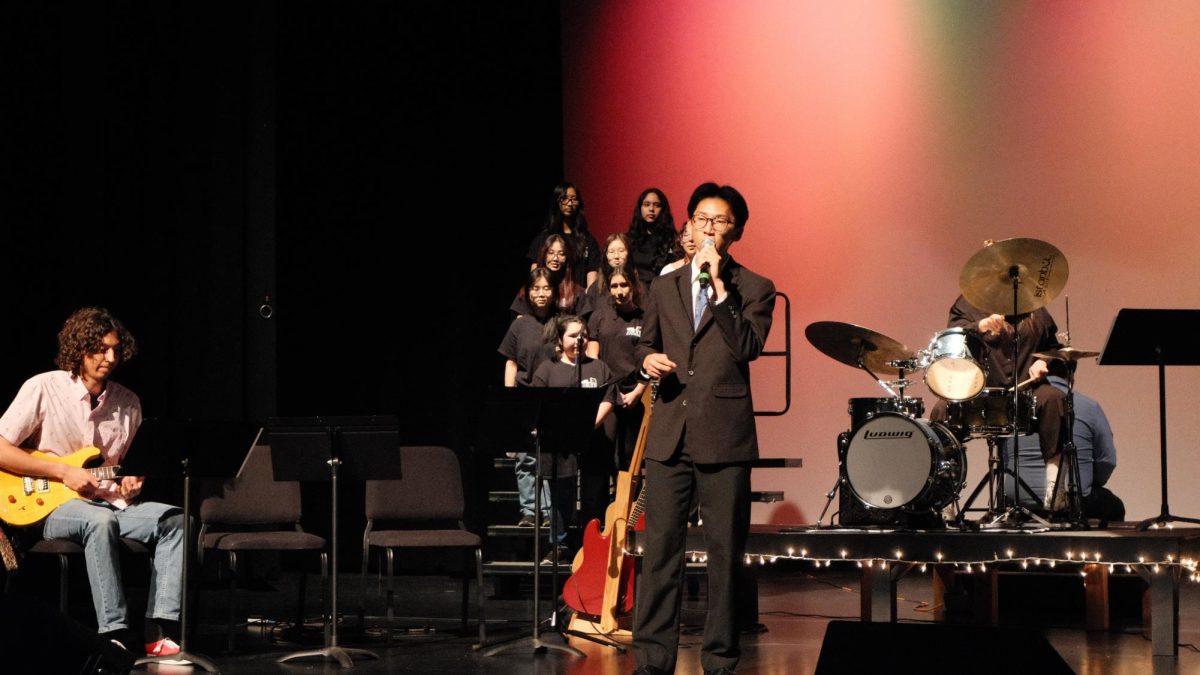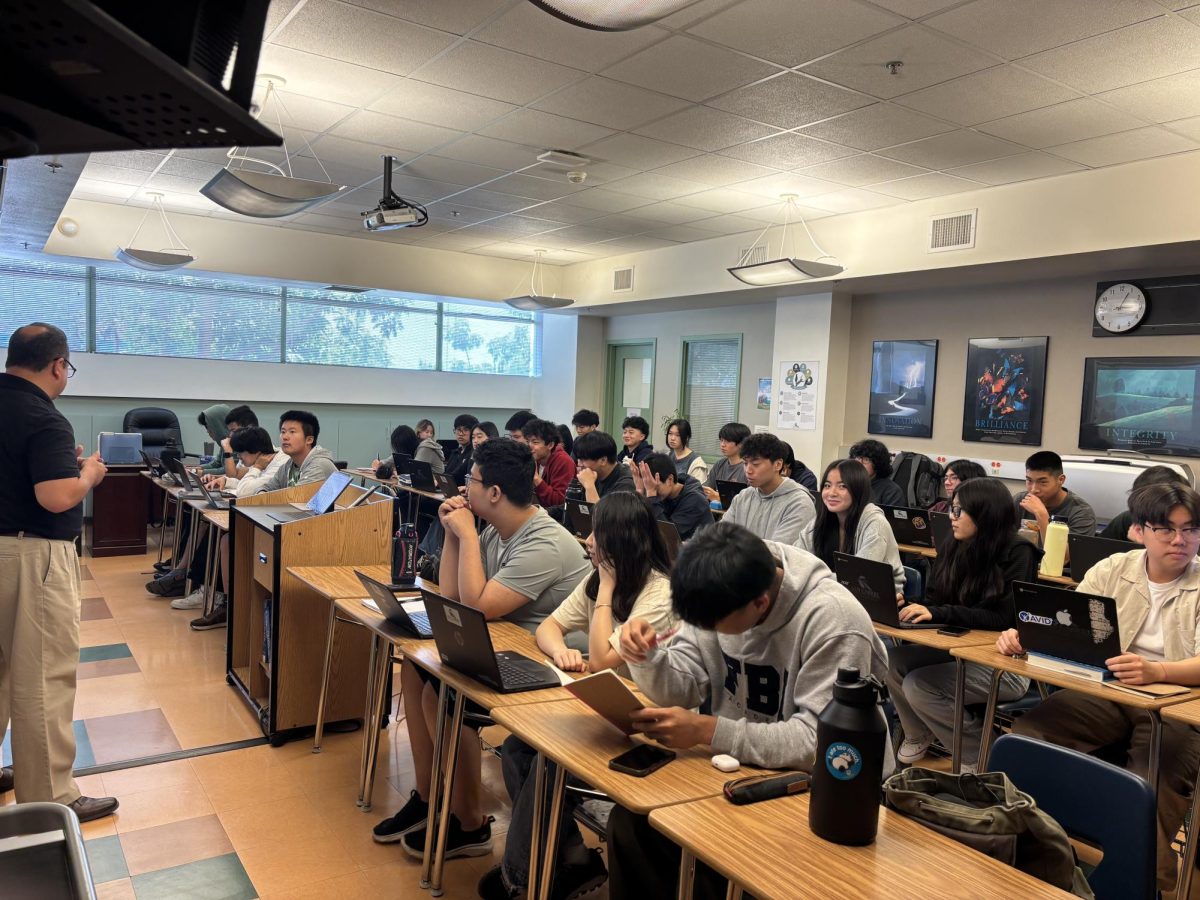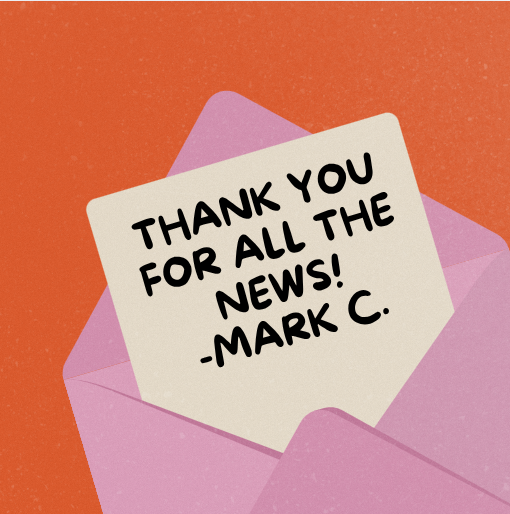When the final episode of The Summer I Turned Pretty dropped, I felt both excited and nervous for if the ending would live up to the books I loved. I questioned if the show would stay faithful to Belly’s love story, or bend to the demands of viewers who solely tuned in during the show’s premiere. Though, this does not only apply to The Summer I Turned Pretty. In a broader sense, how does this speak to all book adaptations?
Han delivered a finale that honored the heart of the books while also keeping an element of surprise. The love triangle finally found its resolution, but it wasn’t as neat as some fans wanted. Instead, the show leaned into the messy truth of complicated relationships and the ache of realizing childhood summers cannot last forever. That choice felt right to me, because the story is a roller coaster of emotions and the dramatic plot lines kept the show fresh for previous readers.
However, not everyone agreed. “My prediction and hope for the ending was to be more toward the books,” said Grace Jarquin, a senior who’s read the trilogy. Sophomore Christina Cabral agreed. “She did go off the story a little bit, and I feel like it didn’t correlate as much as it should’ve.” Though expressing some disappointment, Christina still gave props to Han. “But she did a good job at setting it up for more story lines, like for the movie coming out.” Another senior, Sean Phan, agreed. “I think the movie will be a good sequel.” But unlike Grace and Christina, he expressed that he felt satisfied with the ending overall.
Regardless of what producers choose to do, there will be conflicting opinions on all show adaptations’ endings. Though as a reader, I enjoyed the small but deliberate changes Han made. Some scenes pulled directly from the books, acted out word for word, while others re-imagined key moments or even added other scenes. Instead of thinking Han was losing the original story, those shifts made me appreciate the difference between reading still text and watching it unfold in action.
So why should anyone care about how one teen romance ends? Because this finale highlights the challenge of adaptation itself. Every book to screen project faces the same question: stay faithful to the source or evolve for a new medium? The Summer I Turned Pretty proves that success is not about matching every plot point. It’s about capturing the most important elements and trusting viewers to accept change within appropriate boundaries.
If I could offer one suggestion to future writers and producers, it’s to not be afraid to break the mold, but remember what made readers fall in love in the first place. Jenny Han balanced nostalgia and growth, and in doing so, she gave fans like me something better than a perfect, word for word adaptation. She gave us one that feels like growing up.

